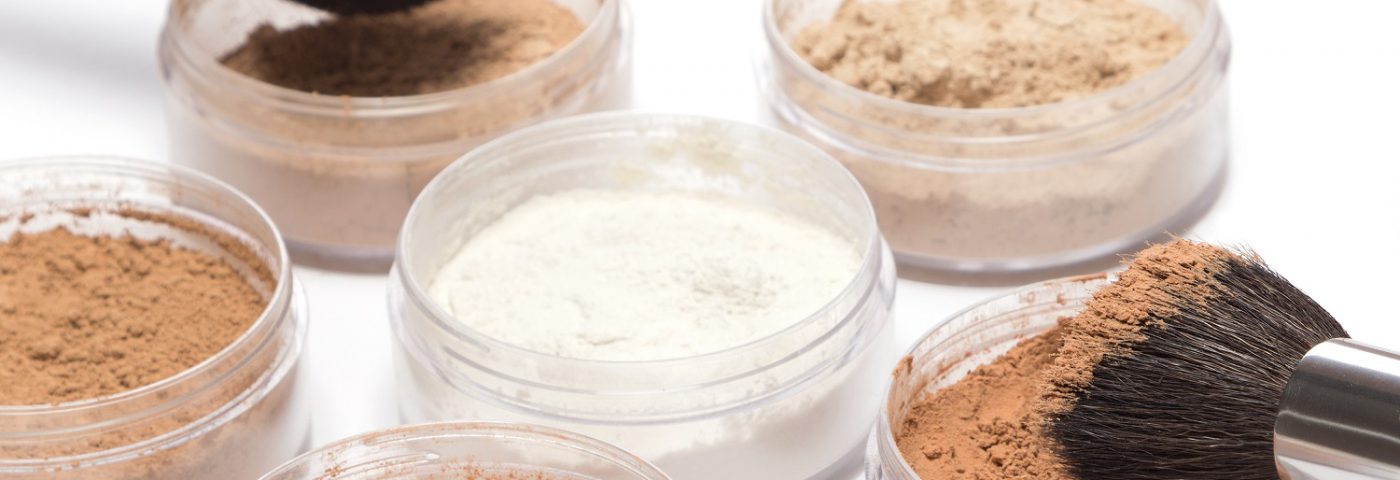A 2018 report by Beauty Monitor and Celebrity Intelligence noted that 86% of brand marketers believe customised beauty solutions will be important to the success of their business in five years’ time.
There are multiple drivers behind the personalization trend: for example, greater consumer interest in and awareness about personal care ingredients; the rising influence of Gen Z, because Gen Zers seek to be unique and want to be catered to as individuals; the call for greater diversity in beauty, which of course benefits cosmetics that cater to a wide range of skin needs and skin tones; and the fact that people are striving to reduce their consumption – which means people maybe buy fewer beauty items overall, but are more likely to opt for premium products when they do. And naturally, bespoke products tend to be more premium.
When it comes to beauty, bespoke can be interpreted and implemented in a wide variety of ways. At a basic level, you have concepts that appeal to some consumers’ sense of creativity. LOLI and Oleum Vera, for instance, send ingredients to the customer for them to mix at home while the Experimental Perfume Club educates and empowers those outside of the industry to create their own personalised fragrances.
You then have personalisation via a specialist. This is the option used by D.O.S.E from L’Oréal Skinceuticals, as well as Curology, which is an anti-blemish brand for those with problem skin. Where these two differ is that the Skinceuticals method involves assessment in person, whereas the Curology one gets experts to analyse each case via online communication based on the customer’s uploaded pictures and their survey result.
This online questionnaire approach is also used by both Prose and Function of Beauty, which tailor-make hair care products based on consumer need, location, age, desired fragrance, and other parameters. US newcomer Pure & Mine likewise offers bespoke hair and body products based on a short quiz and proprietary algorithm with questions including details about the customer’s natural hair, whether hair is coloured, if vegan is preferred, individual hair goals and favourite fragrance.
To find out more about different approaches to the personalisation trend, log on again next week for part two of this blog. In the meantime, for further information on the latest cosmetics industry trends including personalisation, visit www.cosmeticsbusiness.com.

